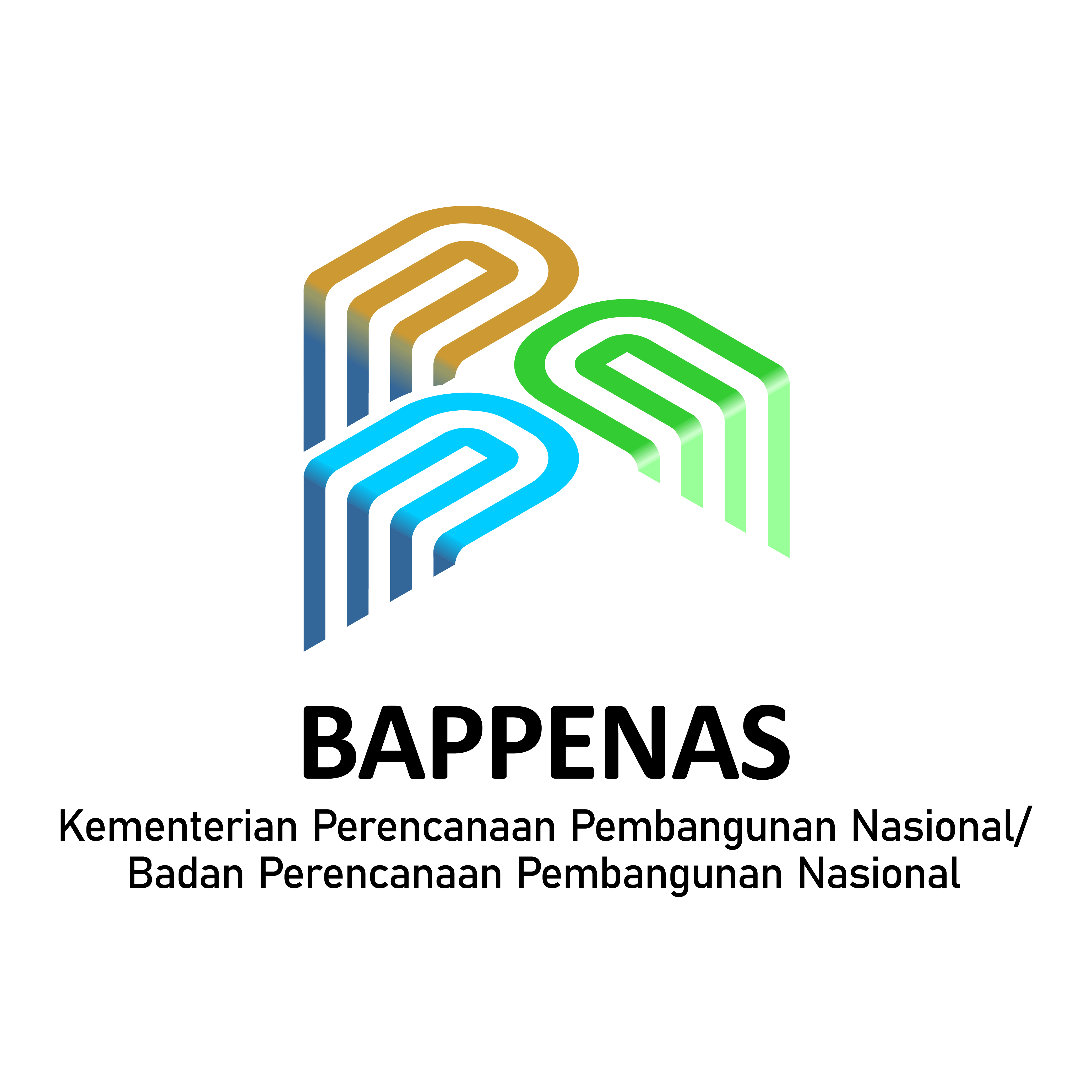Indonesia Activities

LTES & Co-Benefits Studies
CASE aims to offer evidence-based recommendations towards a sustainable energy system through CASE Indonesia’s thematic pillars and flagship research. These positive energy future narratives are the basis for CASE Indonesia’s activities.
RE & EE narrative are both technically as well as economically viable to support the energy transition. The integration of RE into the power system is technically feasible by applying measures to increase the power system flexibility. Integrating RE into the power system is further essential for decarbonizing Indonesia’s power supply, which will in turn support achieving Indonesia’s NDCs and contribute to GHG emission reductions. The multiple benefit of promoting RE further includes an increased energy resilience by reducing reliance on (costly) fossil fuel imports. In terms of social and economic benefits, RE upscaling creates jobs by developing local industries, as envisioned by the Indonesian government (such as PV modules production). Increased application of RE helps to green Indonesia’s supply chain, herewith strengthening international ties as exporting nation, and demonstrating the ability to deliver green manufacturing opportunities to global enterprises. On the other side, EE improvement can also fuel economic growth through job creation and improved competitiveness in the industrial and commercial sector that particularly valuable for economic recovery after the pandemic.
Strengthening the narrative that the energy transition has ample opportunities to support economic growth in line with Indonesia’s vision to become an industrialized country by 2045. This pillar will showcase best practices on how decarbonization is taking place in other jurisdictions and provide evidence on how Indonesia can benefit from decarbonizing its power sector. Transformation of the power sector is technically feasible and further enabled by economic instruments such as carbon pricing. Decarbonization also yields in social-economic benefits, evident from improved life quality, new job opportunities, and increased competitive advantage, among others. Inclusive two-way communications to reach common understanding on which changes are happening and why, who might be affected and what can be done to empower the community must take place to optimize decarbonization efforts and mainstream just energy transition concepts.
Investments into RE and EE are not as risky as perceived, but that these investments create opportunities for the future, and in the longer run, are competitive and economically wise decisions. CASE will amplify evidence that investments in fossil fuel infrastructure is not sound from an economic perspective due to both, economic reasons – such as the risks of stranded assets – as well as from a climate perspective – that coal-fired power plants are not in line with Indonesia’s ambitions towards NZE and peaking energy emissions by 2030. Through its activities, CASE aims to boost confidence of banks and investors to make investment decisions in sustainable energy and explore further de-risking opportunities.
Planning the energy transition in Indonesia
Indonesia Political Partner: Directorate of Electricity, Telecommunications, and Informatics

